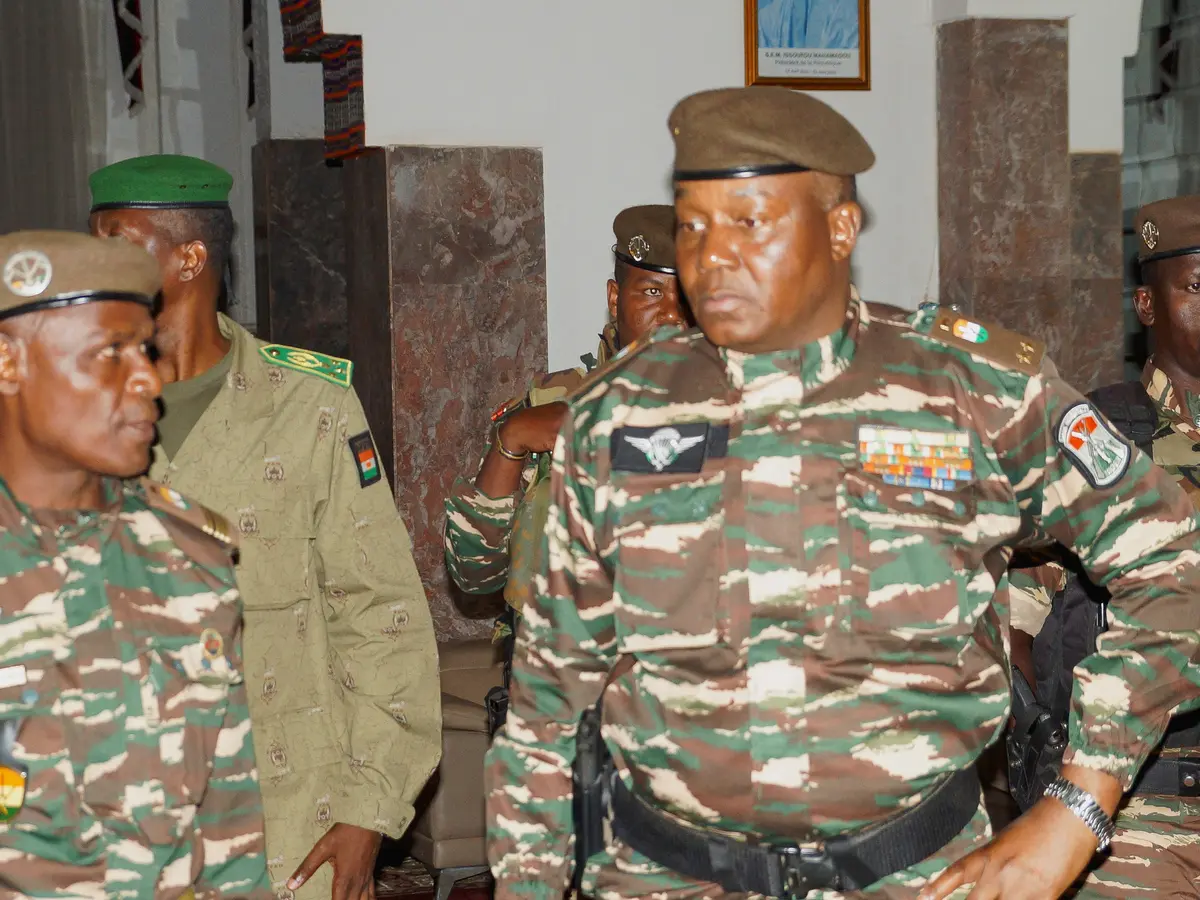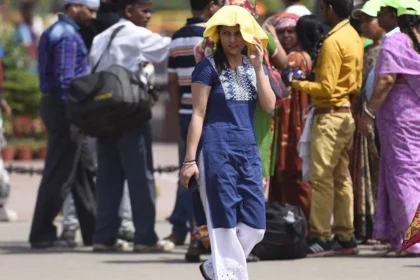Niger: In a concerning turn of events, the leaders of a recent coup in Niger have taken the dramatic step of closing the country’s airspace indefinitely. Citing fears of potential military intervention, the coup organizers have heightened tensions both within Niger and across the West African region. As a result, Flight tracking website Flightradar24 now displays a stark image – no aircraft currently traverse Niger’s skies.
The backdrop of this situation is a complex web of political intrigue and international pressure. The Economic Community of West African States (Ecowas), a coalition of 15 regional countries, had previously issued a warning that it could resort to military action if President Mohamed Bazoum was not reinstated by a specific deadline. This ultimatum has stirred anxiety not only within Niger but also among neighboring nations, as the stability of the region hangs in the balance.
Since the arrest of President Bazoum on July 26th, the political landscape has undergone a dramatic shift. General Abdourahmane Tchiani, the commander of Niger’s presidential guard, has declared himself the new leader, solidifying the junta’s grip on power. However, this military takeover has been met with vehement international condemnation. Notable global powers, including France (Niger’s former colonial ruler), the European Union, the United Nations, and the United States, have all expressed their disapproval of the coup.
The situation took a decisive turn as Ecowas military chiefs convened for a crisis meeting in Nigeria. Their subsequent announcement detailed a comprehensive plan for a potential military intervention. Abdel-Fatau Musah, Ecowas commissioner for political affairs, peace, and security, elucidated, “We have outlined all the necessary components for a potential intervention, from resources required to the deployment strategy. While diplomacy remains our preference, we want the junta in Niger to understand that they have an opportunity to reverse their actions.”
Ecowas, a critical regional trade bloc encompassing countries such as Nigeria, Senegal, Togo, and Ghana, plays a crucial role in shaping the West African political landscape. The organization’s stance highlights the severity of the current crisis.
In defiance of mounting international pressure, the coup leaders have shown no intention of relinquishing control. A defiant rally held at a stadium in Niger’s capital, Niamey, saw thousands of their supporters rallying behind the junta’s cause.
The ongoing turmoil has also placed significant strain on diplomatic ties between Niger and its neighboring countries. Burkina Faso and Mali, both of which are Ecowas members and are currently suspended from the bloc due to their military-led governance, have conveyed strong admonitions. They have explicitly stated that any outside military involvement in Niger would be interpreted as a direct provocation of war by them.
Niger’s geopolitical significance cannot be underestimated. As a significant producer of uranium, a vital component for nuclear power, the country plays a role in global energy dynamics. Moreover, under President Bazoum’s leadership, Niger emerged as a key Western ally in the fight against Islamist militants in the Sahel region of West Africa.
Within Niger, divergent opinions abound, with some advocating for Russia’s involvement while questioning France’s influence.
As the situation in Niger continues to evolve, the eyes of the international community remain fixed on this volatile region. The closure of Niger’s airspace, coupled with Ecowas’ preparations for potential military intervention, underscores the urgency of the crisis and the precarious path ahead.




